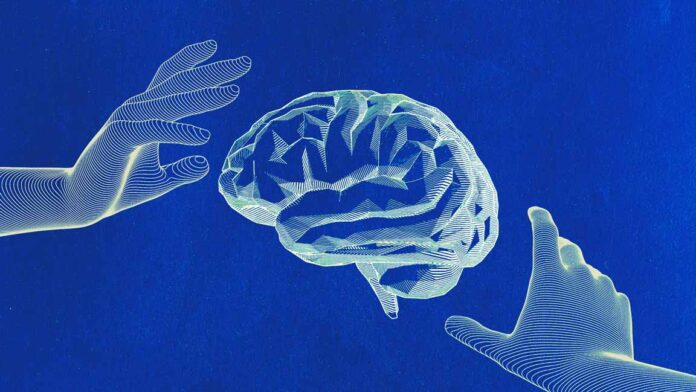A new four-month experiment from the MIT Media Lab shows that people who use ChatGPT for writing tasks finish faster but engage their brains far less, raising concerns about lasting learning deficits. The research, conducted with 54 participants, compared three groups: those who wrote essays unaided, those who used a search engine, and those who used ChatGPT. In every session, the ChatGPT group showed the weakest brain connectivity and lower mental effort, a pattern researchers call “cognitive debt.” time.comarxiv.org
Key Brain Connectivity Differences
Researchers fitted participants with EEG caps to track neural signals during writing tasks. The brain-only group averaged 79 Alpha Band links, vital for focused thinking and creative work. Search engine users logged 52 links, while the ChatGPT group only reached 42 connections. Similar gaps appeared across Theta bands tied to memory and control, with ChatGPT users posting less than half the connections of unaided writers. These results suggest that AI assistance can sharply reduce active mental work needed to process ideas. time.comarxiv.org
Memory Recall and Originality Drop
The study also tested how well participants could recall text from their own essays minutes after writing. Over 83 percent of the ChatGPT group failed to quote any lines accurately, compared with just 11 percent of the brain-only group. In follow-up tasks where all users wrote without tools, prior ChatGPT users showed weak recall and low ownership of their work. Essays from AI users also scored lower on originality by human judges and by natural language tools, often reading too similarly to one another. laptopmag.comarxiv.org
Educational and Professional Impacts
Such cognitive shifts may matter most in schools and training programs where memory and deep thinking build skills over time. Lead author Nataliya Kosmyna warns that young brains are still forming critical neural connections, so heavy reliance on AI could alter development paths. Beyond classrooms, the study raises flags for workplaces that prize clear judgment and creative insight. While ChatGPT can boost output and save time, the long-term trade-off may include weaker problem solving and less independent thought. laptopmag.comarxiv.org
Balancing AI Efficiency with Mental Engagement
AI tools offer clear gains in speed and convenience, but this MIT work suggests users must guard against overdependence. Experts urge blended strategies that mix AI help with active personal effort. For instance, writers might draft with ChatGPT but then revise and expand ideas manually to rebuild cognitive links. Educators could set rules that require notes by hand before using any AI, ensuring brain circuits stay engaged.
Short Analysis and Personal Insight
I see this study as a wake-up call that we cannot treat AI as a mental crutch without cost. Technology can boost how fast we work, yet real understanding grows when we wrestle with ideas ourselves. In daily life, I plan to use ChatGPT for drafts but then force myself to write key sections from memory. That effort proves crucial to keep my mind sharp and to ensure I truly own what I create.

